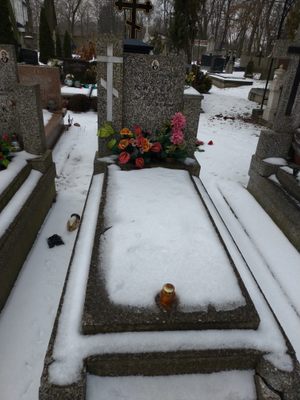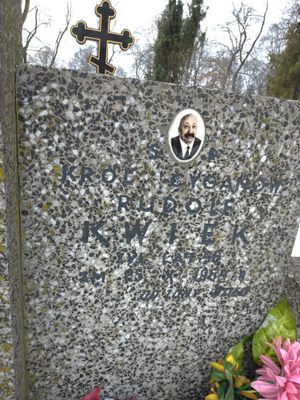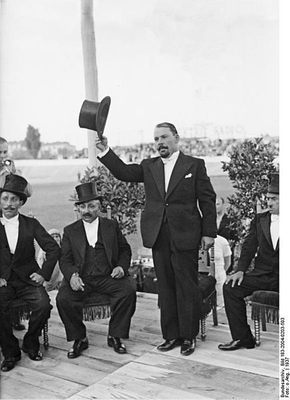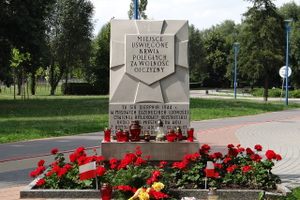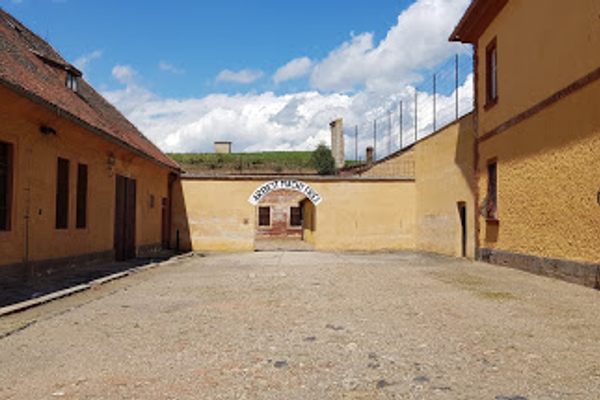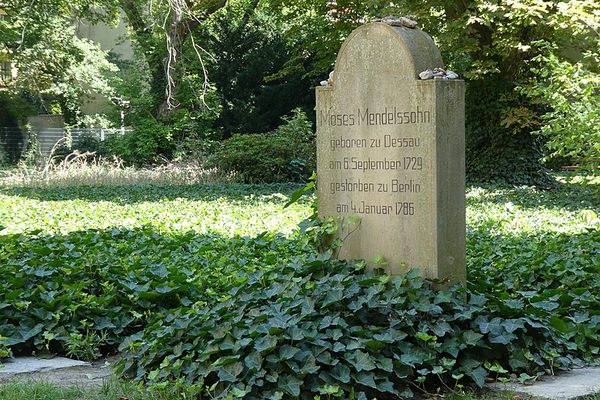About
The Romani people have lived throughout Europe and the Americas for centuries. As they are a nomadic culture, you might not expect the Roma to have a centralized leadership. But until the 1930s, they actually had a succession of kings, known as "gypsy kings" before the derogatory term was officially dropped.
Not unlike most other monarchs, the king of the Roma acted as the liaison between the Romani people in a certain country or region and the gadje, or non-Roma. In many countries, including Poland, the kings would be recognized by the state as the official spokesperson for the Romani people and the person in charge of collecting taxes. The coronations were performed by the church and the prime minister would usually be present.
In Poland, the title dates back to the 17th century and has carried different amounts of significance over the years. The royal leaders were most powerful around the early 20th century, uniting most of the Romani people in Poland under one leader. This changed during World War II, as the Nazis saw the Roma as undesirables and exterminated them by the tens of thousands alongside Jews and other persecuted members of society.
It was during this time that Rudolf Kwiek held the title of "gypsy king," and he was the last Romani leader in Poland ever to do so. Despite the atrocities of the Holocaust, Kwiek reportedly collaborated with the Germans, pointing out Romani settlements in exchange for safe passage passes for himself and his family. The deal was not honored by the Nazis, and Kwiek remained in Poland.
Later, under the communist regime, Kwiek renounced the title of king and named himself "president of the gypsies." No new king was appointed after him as the government was no longer willing to recognize the title. It is said there have been new Romani kings in Poland appointed since then, but only representing small groups and communities and never an entire people or country. For this reason, Kwiek is known as the last "gypsy king" of Poland. His grave can be found at the Orthodox Cemetery in Warsaw.
The name “gypsy” is itself controversial, based on a now debunked theory that the Roma people hailed originally from Egypt. Recent evidence suggests that the group actually made their way to Europe from northern India. Because the word “gypsy” is so common, some activists advocate owning and reclaiming it; others feel the name carries too many negative connotations. (Regardless, English language speakers should definitely avoid using the word “gyp," which is a clear racial slur.)
Related Tags
Know Before You Go
To find the grave, enter through the main gate of the Orthodox Cemetery and go past the flower and candle shop. Take the first left and walk until the end. Then go left at the T crossing and it will be one of the first 3 graves on the right-hand side.
Community Contributors
Added By
Published
March 12, 2019
Sources
- https://books.google.pl/books?id=9yfpTX1w3KcC&pg=PA71&lpg=PA71&dq=gypsy+king+poland+rudolf+kwiek&source=bl&ots=fxL6Dypmzz&sig=ACfU3U0sQP8328bVQDKC-hRzuvoxE4Uhxw&hl=en&sa=X&ved=2ahUKEwi9ns2AvZ_gAhVH_SwKHcZBCiIQ6AEwE3oECAgQAQ#v=onepage&q=gypsy%20king%20poland%20rudolf%20kwiek&f=false
- https://books.google.pl/books?id=Yoqi_Q0ch3wC&pg=PA148&lpg=PA148&dq=gypsy+king+poland+"rudolf"+kwiek&source=bl&ots=6d0C7UE03X&sig=ACfU3U1FWiyExpeNV621zAQf5htHOwVcGA&hl=en&sa=X&ved=2ahUKEwipgtm1vp_gAhWBKSwKHTBNBU0Q6AEwDXoECAYQAQ#v=onepage&q=gypsy%20king%20poland%20"rudolf"%20kwiek&f=false
- https://pl.m.wikipedia.org/wiki/Król_cygański
- https://en.m.wikipedia.org/wiki/King_of_the_Gypsies

